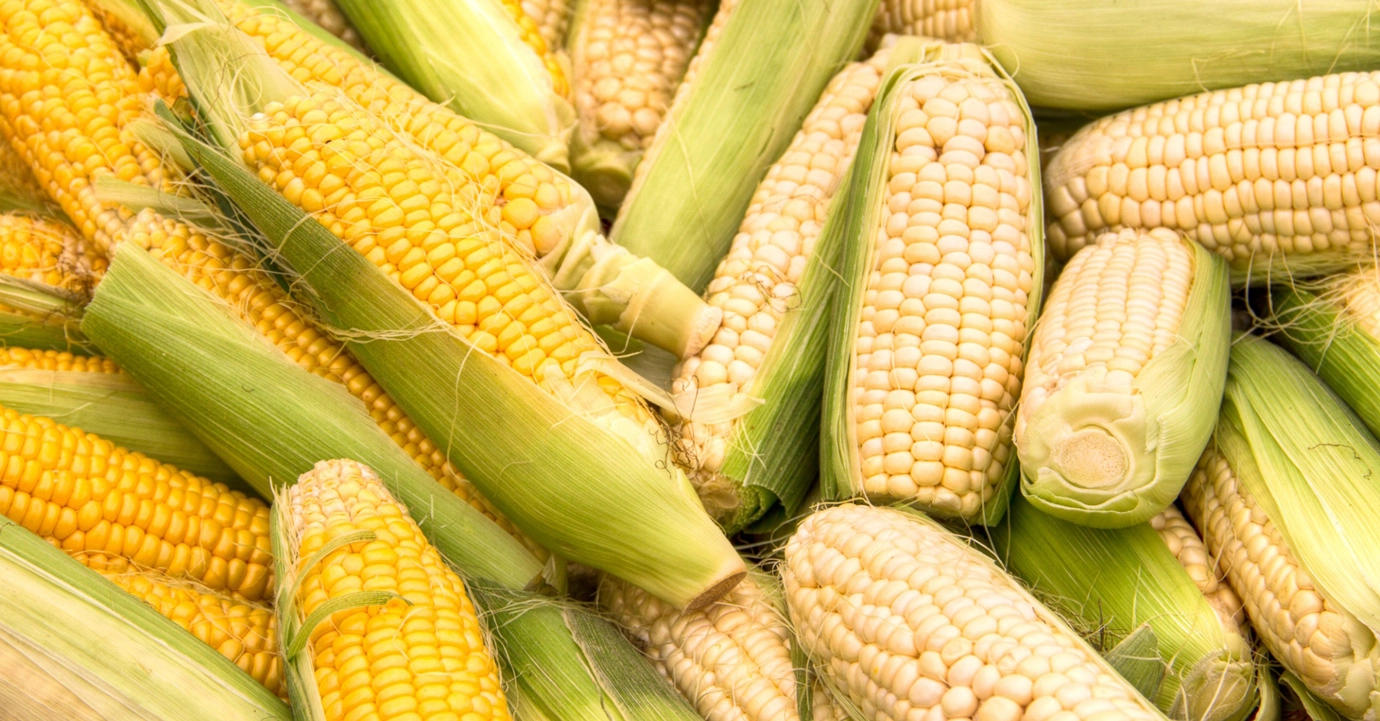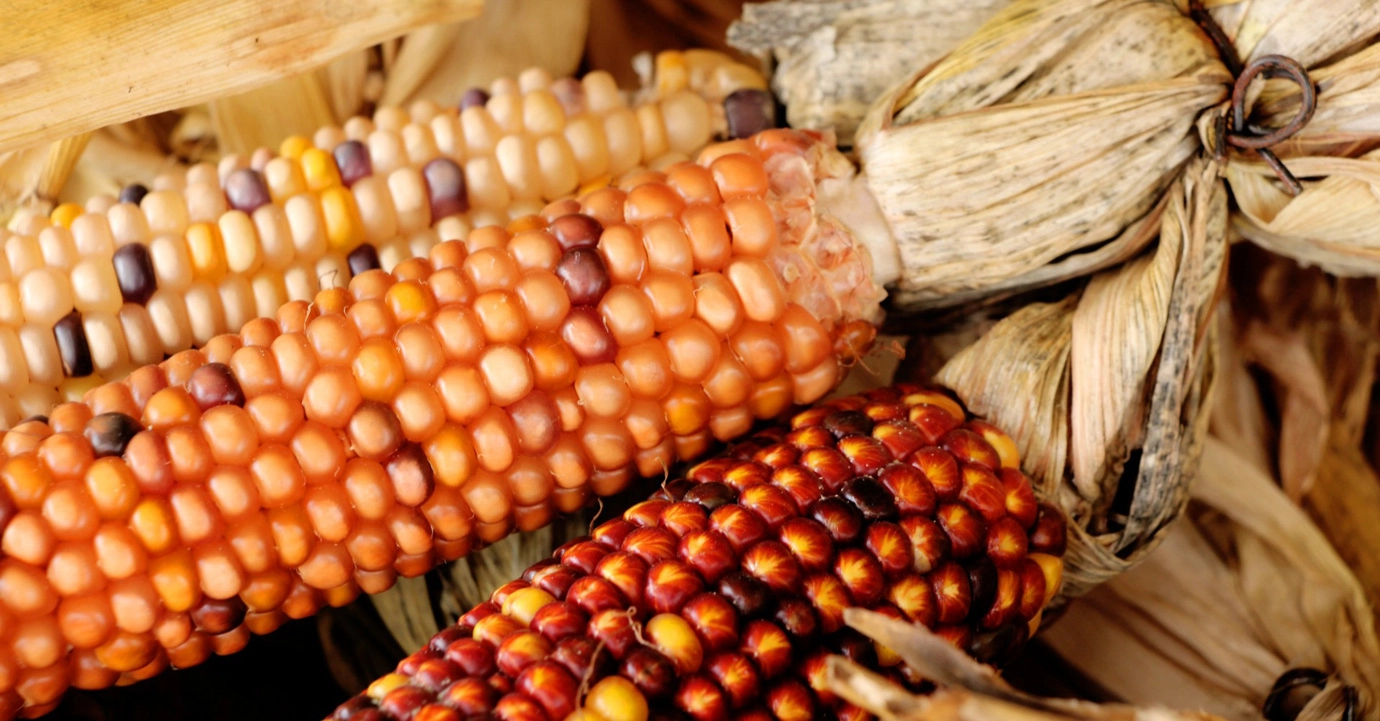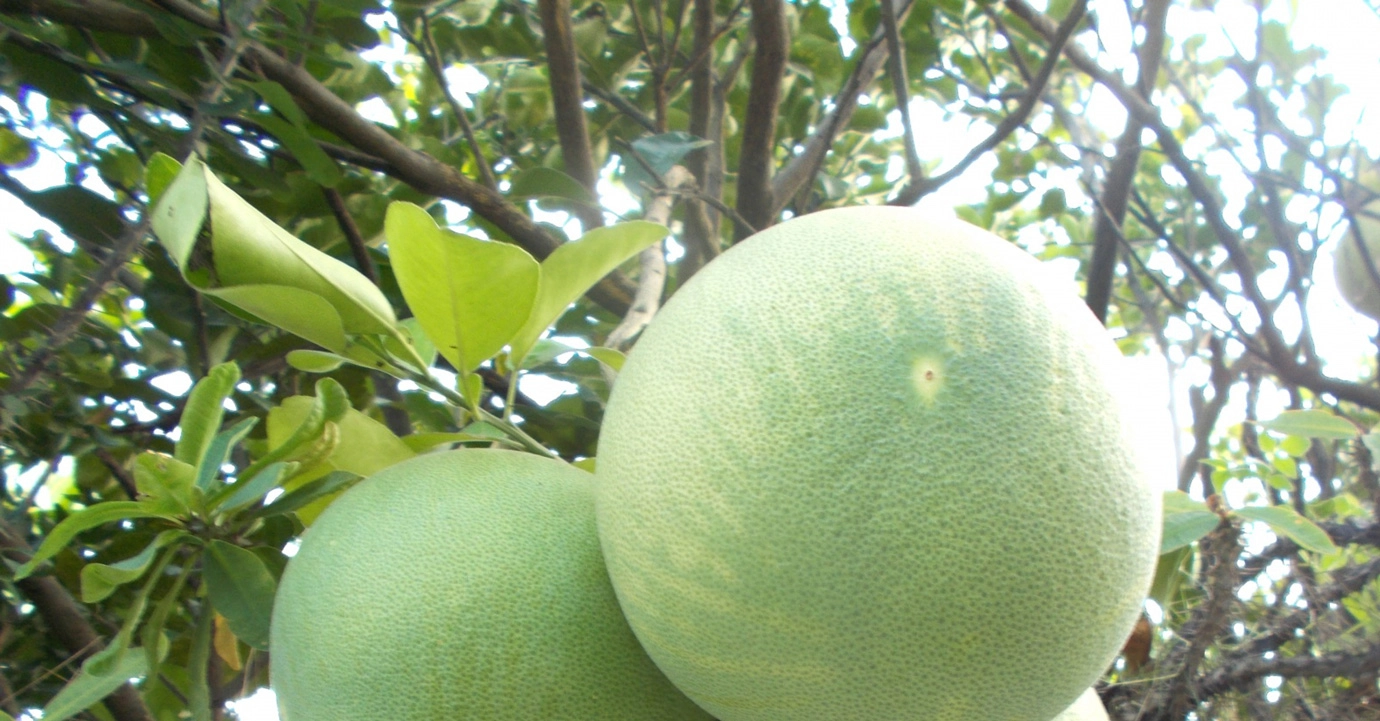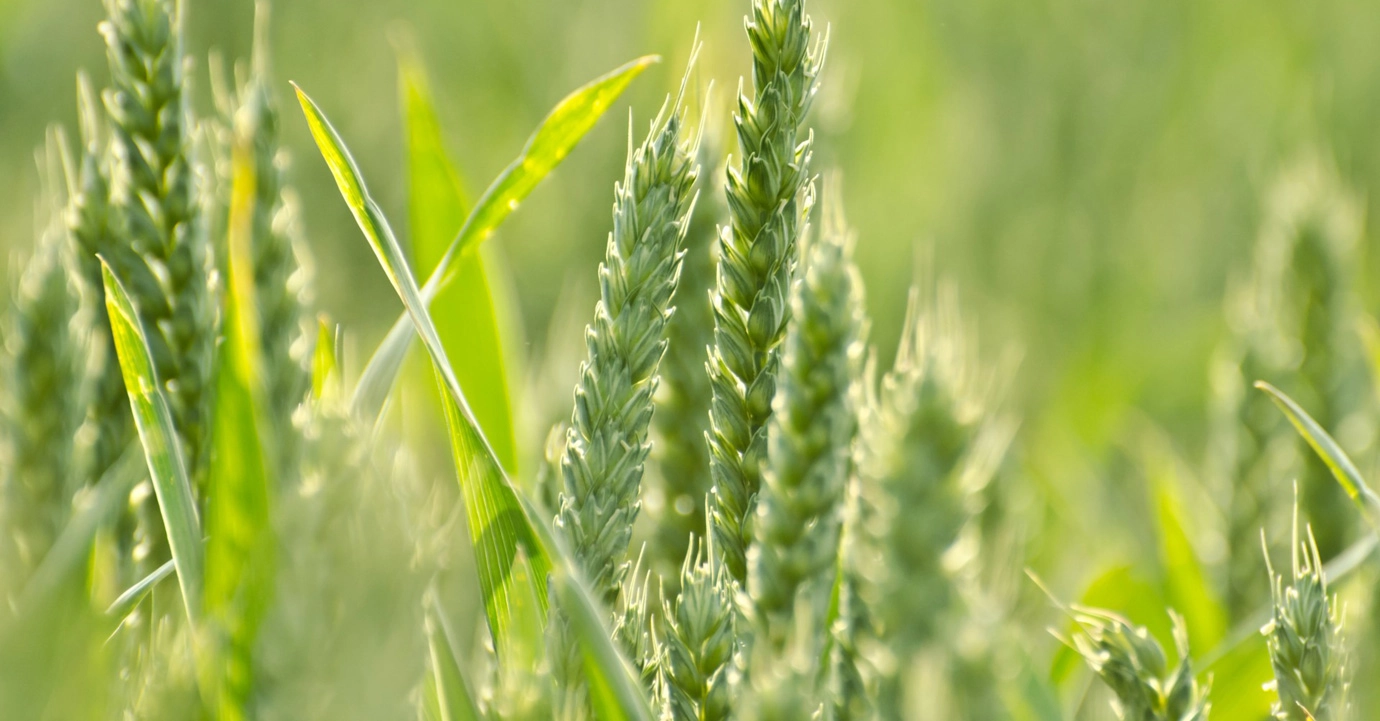Balancing Climate Responses & Food Production:
Legal Tools for Strengthening China—Brazil Cooperation†
Table of Contents
Estimated Reading Time
- 5 min

Victoria Borodinova, Brazil Flag, Brazil, Friendship (Publicdomainpictures.net)
In their recent joint statement on climate change, China and Brazil stress the need to combine “urgent climate responses” with the protection of nature to, among other goals, eradicate hunger. Accomplishing these goals will not be easy because some are conflicting. For example, China’s inadequate amount of arable land to support its massive population impels the country to import many food products from agri-export powerhouses like Brazil. However, Brazil and many other countries similarly endowed with significant amounts of arable land are simultaneously facing serious environmental challenges, such as the protection of the Amazon rainforest from mechanized agriculture, which could be exacerbated by increased demand for their agricultural products. High-yielding seeds needing little agricultural inputs to grow seem to be the panacea required. Are legal tools available to help incentivize the development of such seeds?
“High-yielding seeds needing little agricultural inputs to grow seem to be the panacea required.”
A Reality Check
The magnitude of the “environment vs. food” dilemma facing China and Brazil can be better understood by examining some key numbers.
According to China’s official sources, the country has only 9% of the world’s arable land while its population accounts for nearly 20% of the world population. To ensure a steady supply of food, China has been importing agricultural products from other countries to feed both its people and its own meat-producing animals. Brazil is just such a trade partner and its importance to China has been growing because of the continuing increase of Brazil’s exports to China over the past few years. In 2022, Brazil’s exports to China reached nearly USD 90 billion, with oil seed, oleagic fruits, grain, seed, and fruits being the top exports (approximately USD 32 billion in total). In the same year, of the 91.08 million tons of soybeans that China imported from other countries, 59.73% (i.e., 54.4 million tons) were from Brazil.
The global growing demand for Brazil’s agricultural products has propelled Brazilian producers to expand their cultivated land. This, unfortunately, has also put the Amazon rainforest at risk. In fact, agriculture has been identified as the second main cause of deforestation in the Amazon. To save the Amazon, President Luiz Inacio Lula da Silva has pledged to achieve an ambitious goal of zero deforestation by 2030.
Legal Tools
All these challenges make it necessary to have seeds that can be grown in an eco-friendly manner. To incentivize the breeding of such seeds, China amended its Seed Law in 2021 to establish the system of “essentially derived varieties”. An essentially derived variety is one that (1) is derived from an initial variety (or from an essentially derived variety of the initial variety), (2) is clearly distinguishable from the initial variety, and (3) except for the differences caused by the derivation, is the same as the initial variety in expressing the essential characteristics produced by the genotype or combination of genotypes of the initial variety.
As a result of the 2021 amendment, any use (e.g., propagation, sale, etc.) of an essentially derived variety requires consent from the owner of the initial variety. This, in effect, gives owners of initial varieties more protection and, thereby, opportunities to profit from licensing arrangements. Breeders, therefore, have more incentives to develop new varieties, including eco-friendly seeds.
The 2021 amendment also specifies that steps and methods for implementing the system of essentially derived varieties shall be provided by China’s State Council. However, these steps and methods remain unclear. In early April, at an event concerning the protection of intellectual property rights in the seed industry, a vice minister of China’s Ministry of Agriculture and Rural Affairs announced that various measures will be taken to “promote the high-quality development of the seed industry” in the near future. One measure is to lay out clear steps and methods for implementing the system of essentially derived varieties, with a focus on specifying how to determine whether a variety is an essentially derived variety.
Cooperation between China and Brazil
When its system of essentially derived varieties becomes more established, China, which is currently a member of the 1978 version of the International Convention for the Protection of New Varieties of Plants, will be in the position to consider acceding to the 1991 version. The main feature of the 1991 version is the protection of essentially derived varieties to encourage technological developments in plant breeding.
“China’s experience in running its own system of essentially derived varieties and in weighing the pros and cons of the potential accession to the 1991 version [of the International Convention for the Protection of New Varieties of Plants] may serve as a useful reference for Brazil.”
Of the 78 countries/organizations that are members of the Convention, the majority accede to the 1991 version. Like China, Brazil is in the minority. China’s experience in running its own system of essentially derived varieties and in weighing the pros and cons of the potential accession to the 1991 version may serve as a useful reference for Brazil. A careful review of these legal tools with each country’s special circumstances in mind will help China and Brazil “broaden, deepen, and enrich their bilateral cooperation on climate issues”, a commitment expressed in their joint statement on climate change.
† The citation of this article is: Dr. Mei Gechlik, Balancing Climate Responses & Food Production: Legal Tools for Strengthening China—Brazil Cooperation, SINOTALKS.COM®, In Brief No. 31, Apr. 26, 2023, https://sinotalks.com/inbrief/brazil-climate-food.
The original, English version of this article was edited by Nathan Harpainter. The information and views set out in this article are the responsibility of the author and do not necessarily reflect the work or views of SINOTALKS®.







